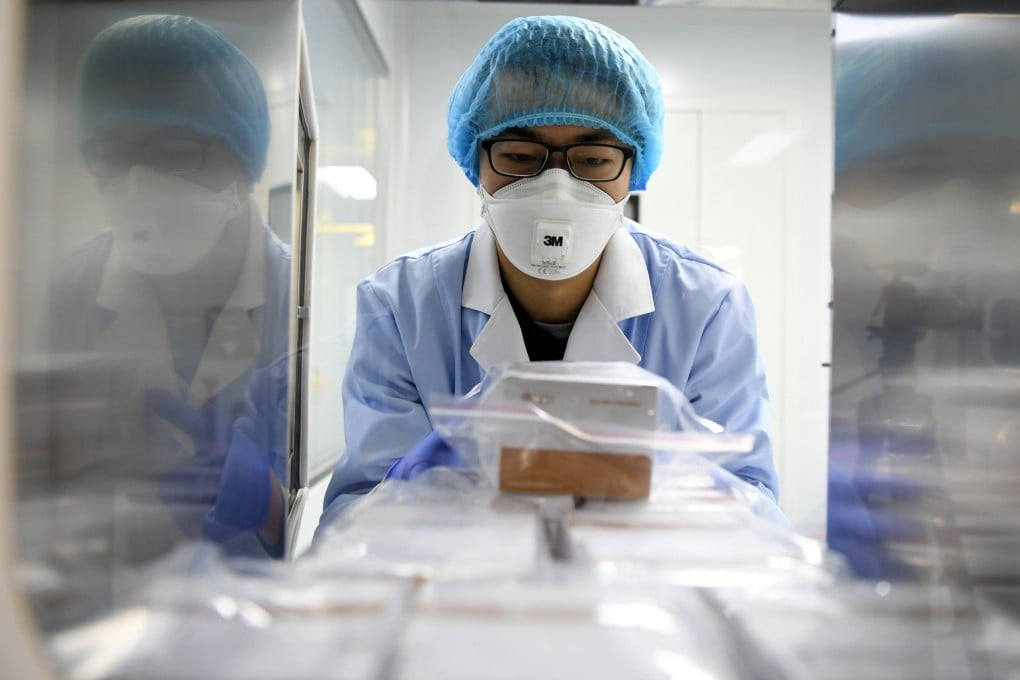‘Striking’ coronavirus mutations found within one family cluster, Chinese scientists say
- ‘More work needed’ to determine impact of genetic changes on patients
- Case points to viral evolution in human-to-human transmission, researchers say

While the effects of the mutations on the virus are not known, they do have the potential to alter the way the virus behaves.
Researchers studying a cluster of infections within a family in the southern province of Guangdong said the genes of the virus went through some significant changes as it spread within the family.
Viruses mutate all the time, but most changes are synonymous or “silent”, having little effect on the way the virus behaves. Others, known as nonsynonymous substitutions, can alter biological traits, allowing them to adapt to different environments.
Two nonsynonymous changes took place in the viral strains isolated from the family, according to a new study by Professor Cui Jie and colleagues at the Institut Pasteur of Shanghai.
This case indicated “viral evolution may have occurred during person-to-person transmission”, they wrote in the paper published in the journal National Science Review on January 29.